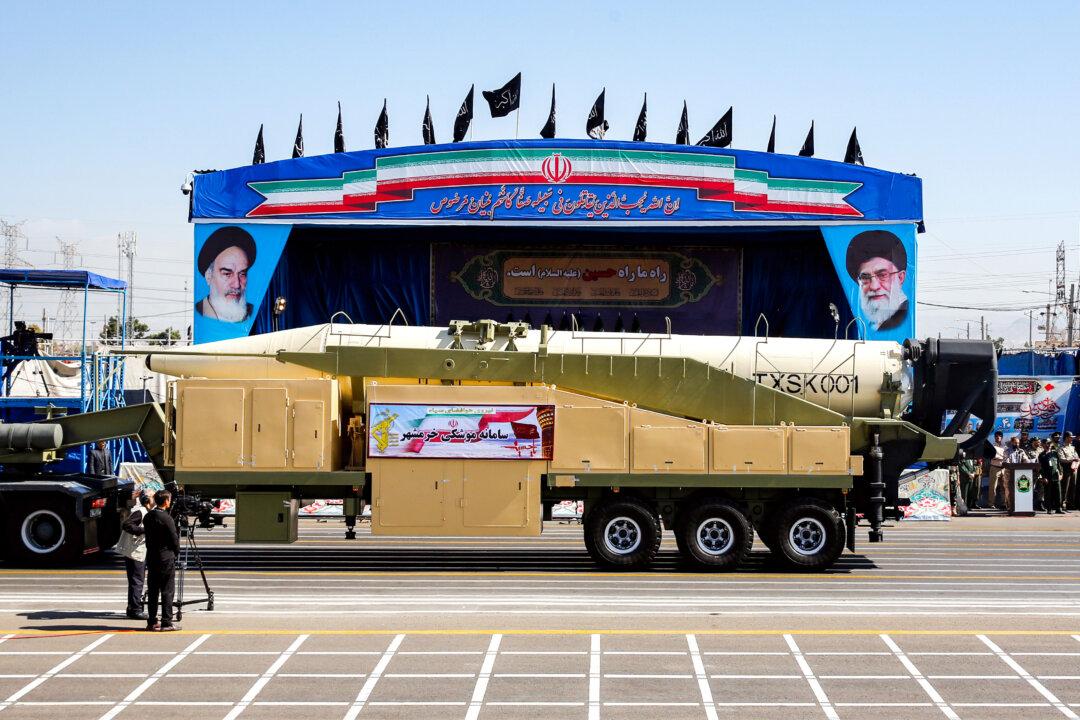Secretary of State Mike Pompeo issued a warning to the Iranian regime after Iran’s Ministry of Defense announced plans to launch three space vehicles, which feature technology that’s nearly identical to intercontinental ballistic missiles.
“The United States will not stand by and watch the Iranian regime’s destructive policies place international stability and security at risk,” Pompeo said in a statement Dec. 3. “We advise the regime to reconsider these provocative launches and cease all activities related to ballistic missiles in order to avoid deeper economic and diplomatic isolation.”





